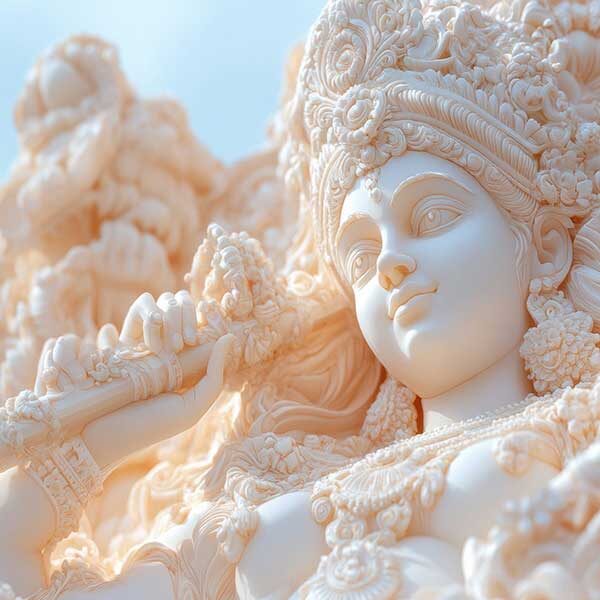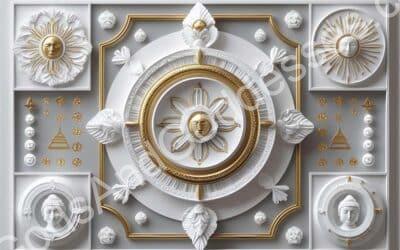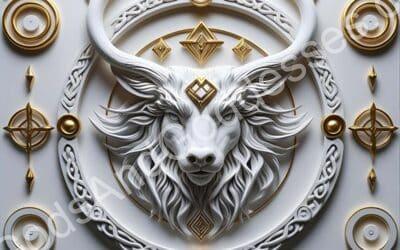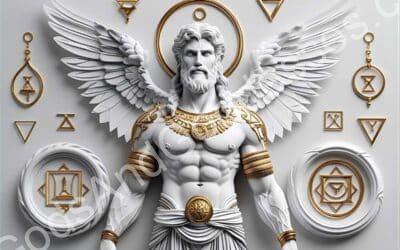Receive Our Newsletter
Resources and reminders to
live your Divine Destiny™
Introduction: Why God Worship and Rituals Matter
Throughout history, god worship and rituals have been used to honor gods. Practices ranging from intimate daily offerings to grand festivals reveal how people have sought favor, protection, and wisdom from the divine powers they revere.
At GodsAndGoddesses.com, we situate worship within the wider web of mythology, gods, and goddesses. Rituals show us that the connection between humans and gods was never abstract—it was embodied, communal, and woven into daily life.
“Rituals are the living language between mortals and gods, shaping devotion across cultures and centuries.”
Key Takeaways About God Worship
-
Sacred connection – Rituals allowed people to speak with gods directly.
-
Cultural rhythm – Seasonal festivals marked time and ensured prosperity.
-
Protection and favor – Offerings sought blessings for crops, war, health, or journeys.
-
Community identity – Shared worship unified cities, tribes, and nations.
See also: God Symbols.
Explore God Worship Practices
-
Norse God Worship Rituals → Blóts, feasts, and offerings to Odin and the Æsir.
-
Daily God Worship Rituals → Simple devotions for modern seekers.
Greek God Worship
Temples and Sacrifices
Greek gods were honored in grand temples—Zeus at Olympia, Athena in Athens. Worshippers offered food, wine, incense, and animal sacrifices to gain divine favor.
Festivals
The Olympic Games were not just athletic contests but sacred rituals honoring Zeus. The Panathenaic Festival celebrated Athena with processions and offerings.
Norse God Worship
Blóts
The Norse honored gods with blóts—sacrifices of animals, mead, and feasts. Sacred groves and halls became centers of devotion.
Seeresses and Runes
Ritual specialists (völvas) performed rites to Odin and Freyja, often using runes and chants to access divine knowledge.
See also: Norse God Worship Rituals.
Celtic God Worship
Sacred Landscapes
The Celts worshipped in nature: rivers, hills, groves, and wells. Offerings were cast into lakes or buried in earth as gifts to deities like Cernunnos and the Dagda.
Festivals
Celtic rituals aligned with seasonal festivals—Samhain, Beltane, Lughnasadh—marking cycles of fertility, death, and rebirth.
Egyptian God Worship
Temples
Massive temples like Karnak honored Amun-Ra. Daily rituals, performed by priests, bathed and clothed statues of the gods.
Afterlife Rites
Gods like Osiris and Anubis received prayers and funerary offerings to guide souls through the Duat (underworld).
See more: Egyptian Gods.
Hindu God Worship
Puja
Puja rituals involve offerings of flowers, incense, lamps, and food to deities like Vishnu, Shiva, and Ganesha.
Festivals
Diwali (Festival of Lights) honors Lakshmi and Rama, while Holi celebrates Krishna with color, joy, and renewal.
Modern God Devotion
Though ancient empires fell, worship of gods continues today:
-
Hinduism and Shinto – living traditions with millions of devotees.
-
Neopaganism – modern worship of Norse, Celtic, and Greek deities.
-
Personal spirituality – individuals honor gods in daily rituals, meditation, or artistic expression.
See also: Daily God Worship Rituals.
Ritual Objects and Symbols
-
Altars – from grand temples to household shrines.
-
Amulets – ankhs, Mjölnir pendants, sacred stones.
-
Sacred texts – hymns, prayers, chants.
-
Food and drink – bread, mead, wine, fruit.
See also: God Symbols.
FAQs About God Worship
Did all worship involve sacrifice?
Not always—many rituals were prayers, dances, or symbolic offerings.
Where were rituals held?
Temples, groves, rivers, mountains, and even homes served as sacred spaces.
Are ancient rituals practiced today?
Some continue in adapted forms—Hindu puja, Shinto ceremonies, modern pagan rites.

Conclusion: The Enduring Practice of Worship
Worship was the thread that bound gods to people. Through festivals, sacrifices, prayers, and rituals, cultures built living relationships with their deities. Today, these practices survive in both traditional religions and modern revivals.
Explore further with:
“To worship a god is to enter into dialogue with the divine.”
Posts About God Worship and Rituals
Daily Practices to Connect with the Gods
Introduction: Why Daily Practices Matter The gods are not only beings of myth and legend—they are living archetypes, forces of nature, and guides who continue to shape our lives today. While...
Norse Blót: Rituals to Honor the Old Gods
Introduction: Why the Norse Blót Matters The Norse gods were honored not only in sagas and stone but in living ritual; the most important of these ceremonies was the blót—a sacred act of offering...
How to Honor Zeus: Offerings and Rituals for the Sky God
Introduction: Why Honoring Zeus Matters From the peak of Mount Olympus, Zeus reigned as king of the Greek gods—lord of the sky, wielder of thunderbolts, guardian of justice, and upholder of oaths....
- Odin God Story - August 24, 2025
- The Story of Ra: Egyptian Sun God and Creator - August 24, 2025
- Kraken: Mythological Sea Monster of the Deep - August 24, 2025




